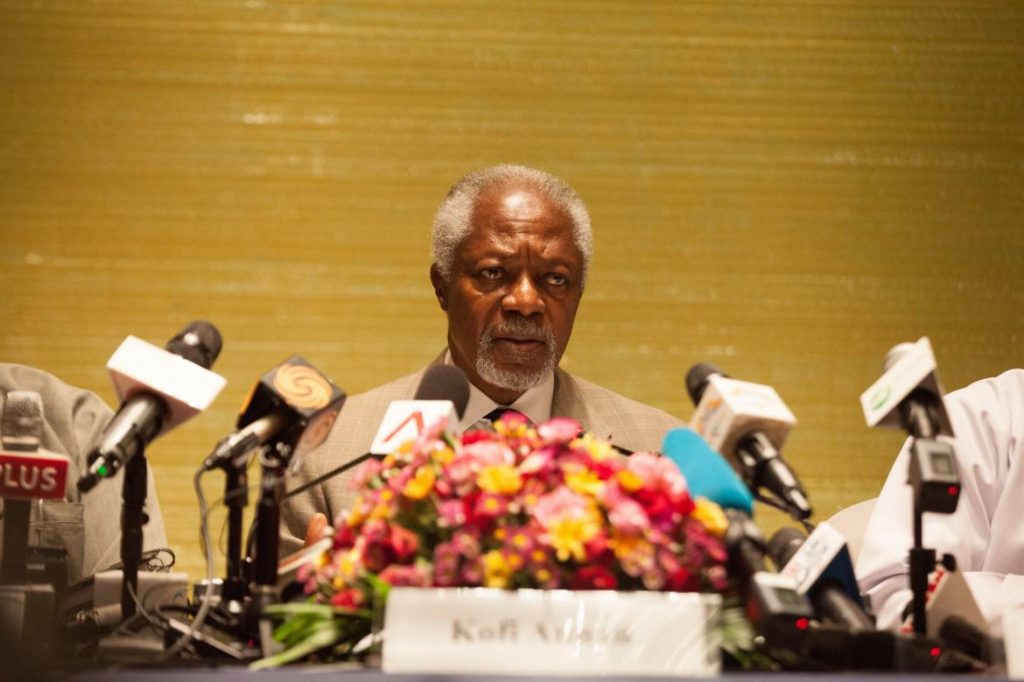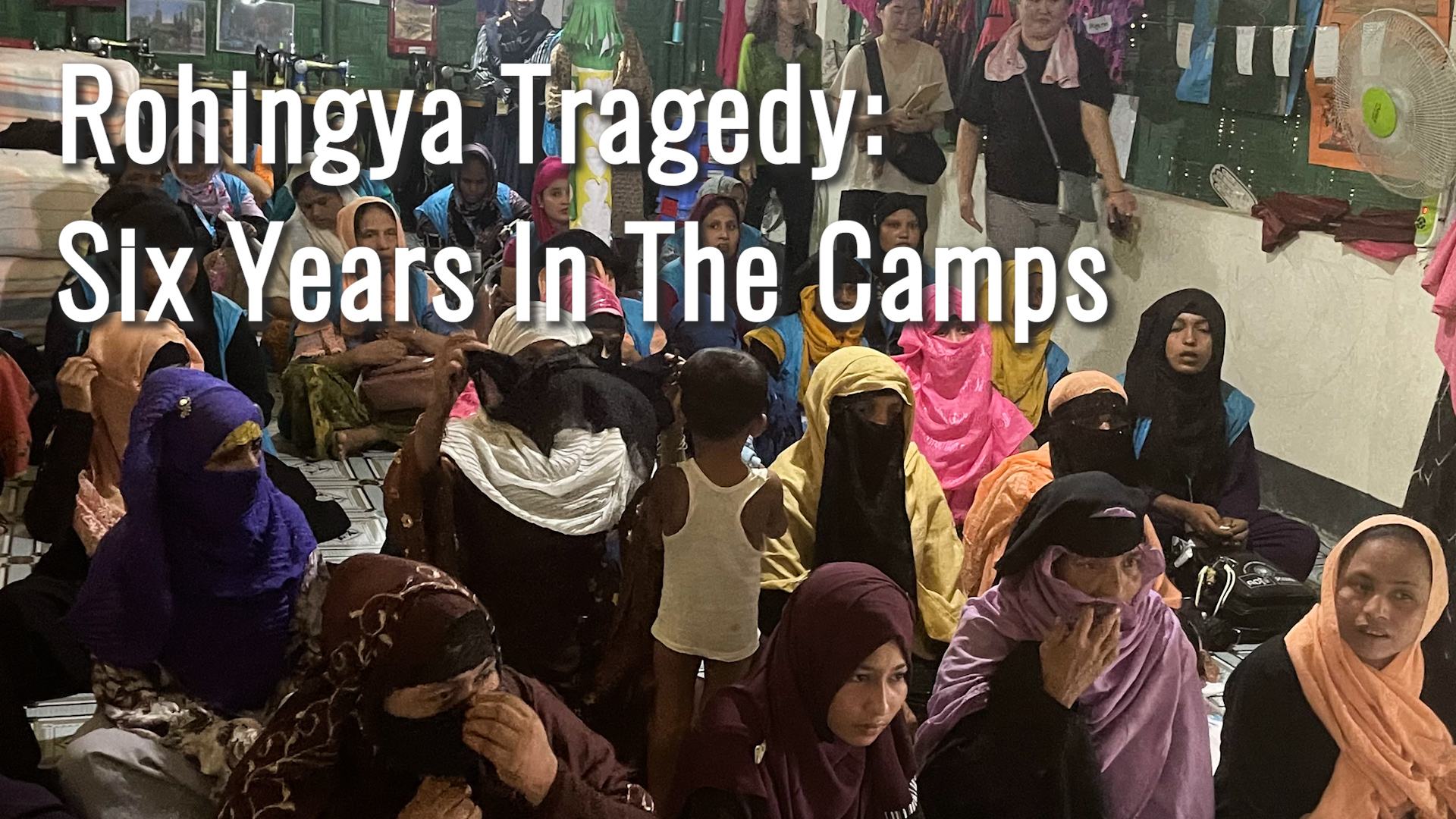By WIN MRA | FRONTIER
I learned with great sadness that former United Nations secretary-general Mr Kofi Annan, who had served as chairman of the Advisory Commission on Rakhine State, had died at the age of 80 in Geneva on August 18 after a short illness.
Annan was a constant advocate for human rights, development and the rule of law. He was a man of courage, fortitude and compassion, and above all a great leader.
In September 2016, Annan was asked by State Counsellor Daw Aung San Suu Kyi to lead the Advisory Commission on Rakhine State, an undertaking those of lesser quality would have flinched from accepting. He audaciously chose to engage with a complex situation in an impoverished region beset by communal conflict and sectarian violence.
Some in the national and Rakhine State parliaments opposed forming the commission. Despite this and other difficulties, he worked with wisdom and perseverance towards a balanced position on the issue.
Support more independent journalism like this. Sign up to be a Frontier member.
The commission concluded with 88 recommendations to assist the government’s search for solutions to the Rakhine crisis. The recommendations were endorsed by the state counsellor and found wide support internationally, including in the UN Security Council. They emphasised the economic and social development of Rakhine State, addressing the issue of citizenship, humanitarian access, education, health, access to justice, and good relations with Bangladesh and other regional partners.
Although it was widely known as the Kofi Annan Commission, he always stressed that the commission was a national entity and that the majority of its members were from Myanmar.
At its inauguration, the state counsellor urged the commission to be bold in their recommendations. The commission followed this advice, endeavouring to “listen and learn” and deliver their mandate with rigorous impartiality. Annan firmly believed that the recommendations, taken up in their true spirit, would trace a path towards lasting peace in Rakhine State, with diverse communities living harmoniously.
Annan was of the view that Myanmar and the international community needed to work much more closely together, and that Myanmar would struggle without international co-operation. Though domestic and international narratives on the Rakhine crisis have drifted wide apart, Annan’s report still provides the best means of bridging the gap.
Myanmar has lost a true friend and I will always have fond memories of the time we worked together to aid long term stability and development in Rakhine State.







